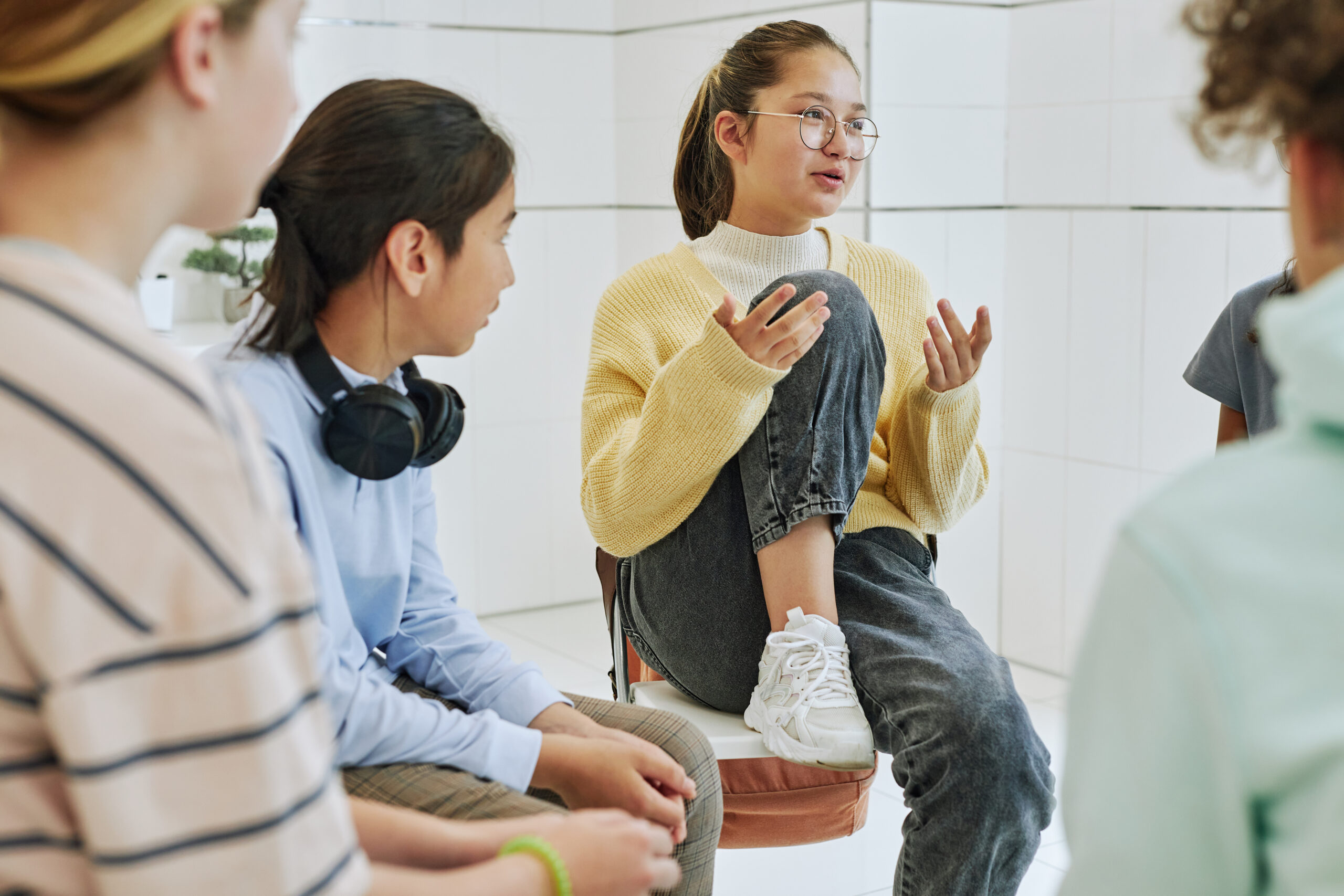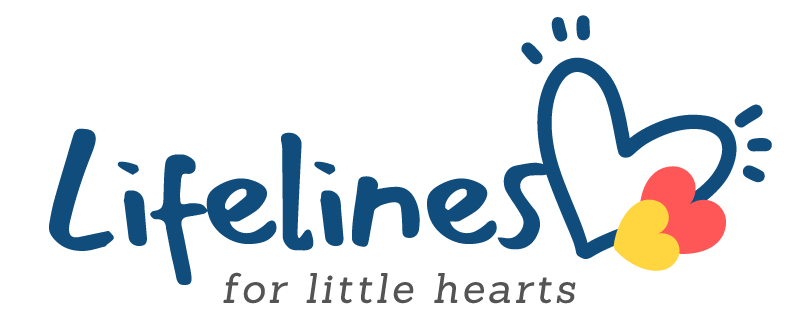
When a parent struggles with addiction, the impact ripples through the entire family — especially the children. These young hearts often carry silent burdens: confusion, fear, instability, and emotional wounds they can’t always put into words. But there is hope — and it begins with therapy.
Therapy offers children a safe and supportive space to process what they’ve lived through. It’s more than just talking about feelings — it’s about giving them tools to heal, grow, and thrive beyond the shadow of addiction.
1. Understanding Their Experience
Children of addicted parents often internalize the chaos around them. They may believe the addiction is their fault or feel responsible for trying to “fix” the family. Therapy helps them understand that addiction is a disease — and not a reflection of their worth or actions.
2. Developing Healthy Coping Skills
Living in a home affected by addiction often means growing up in survival mode. Children learn to hide their emotions or stay quiet to keep the peace. Therapy teaches them how to express their feelings in healthy, constructive ways and how to manage anxiety, anger, or sadness without shutting down.
3. Building Trust and Stability
Many children from these environments struggle with trust — not just in others, but in themselves. A therapist provides a consistent, safe adult relationship where the child can begin to rebuild trust and develop a sense of security they may never have known.
4. Breaking the Cycle
Without intervention, children of addicted parents are at higher risk for developing substance use disorders themselves. Therapy offers a powerful opportunity to break that cycle. By addressing trauma early and learning self-worth, these children gain the tools to choose different paths in life.
5. Empowering Their Voice
Children often don’t feel heard — especially in homes dominated by addiction. Therapy validates their experience, lets them tell their story, and teaches them that their emotions and needs matter. This empowerment lays the foundation for healthy relationships and self-advocacy in adulthood.
At Lifelines for Little Hearts, we believe that early intervention can change the trajectory of a child’s life. Therapy is not about labeling them — it’s about freeing them. Freeing them from shame, fear, confusion, and the weight of something they never caused.
Every child deserves a chance to heal. And when we invest in that healing, we don’t just change their future — we change generations to come.
